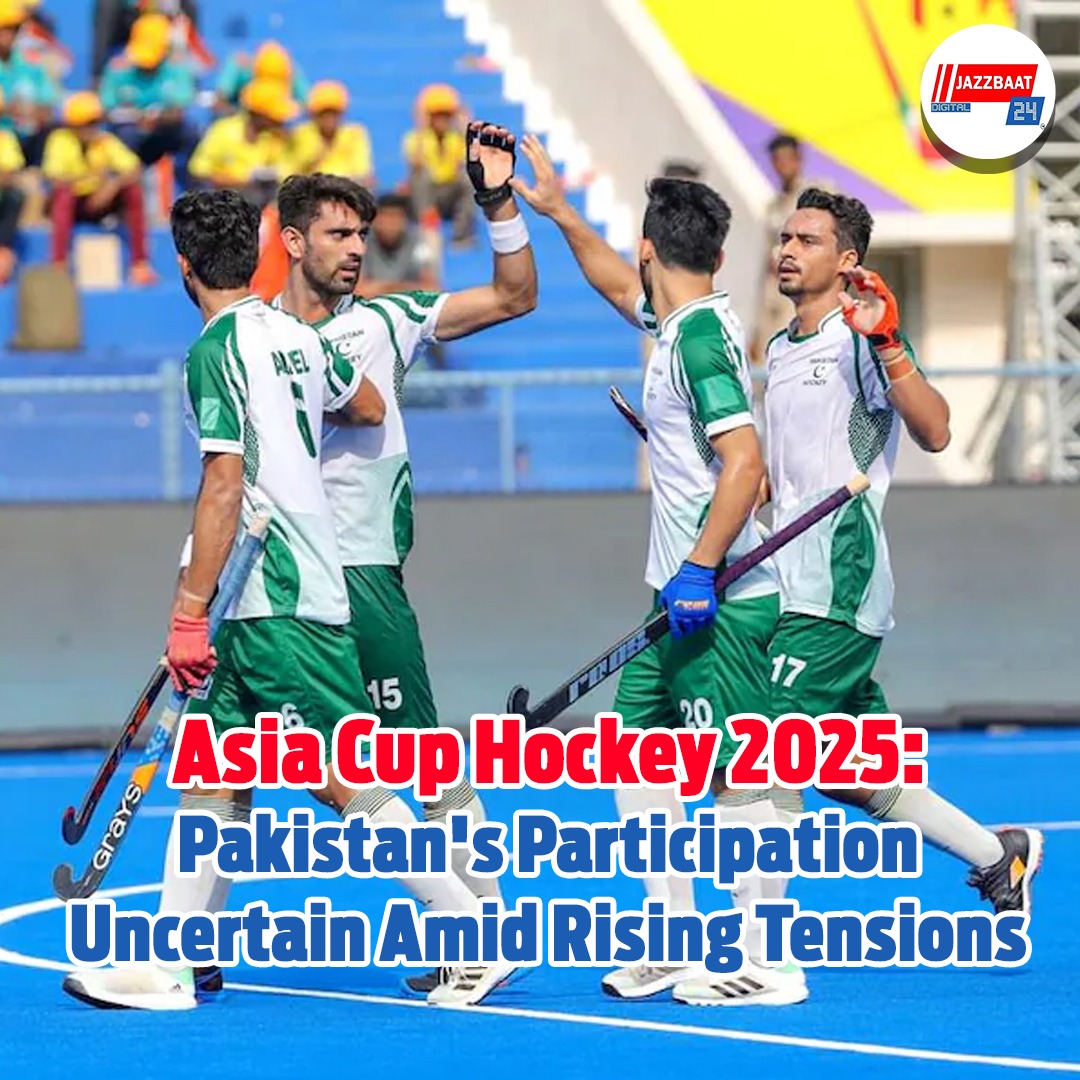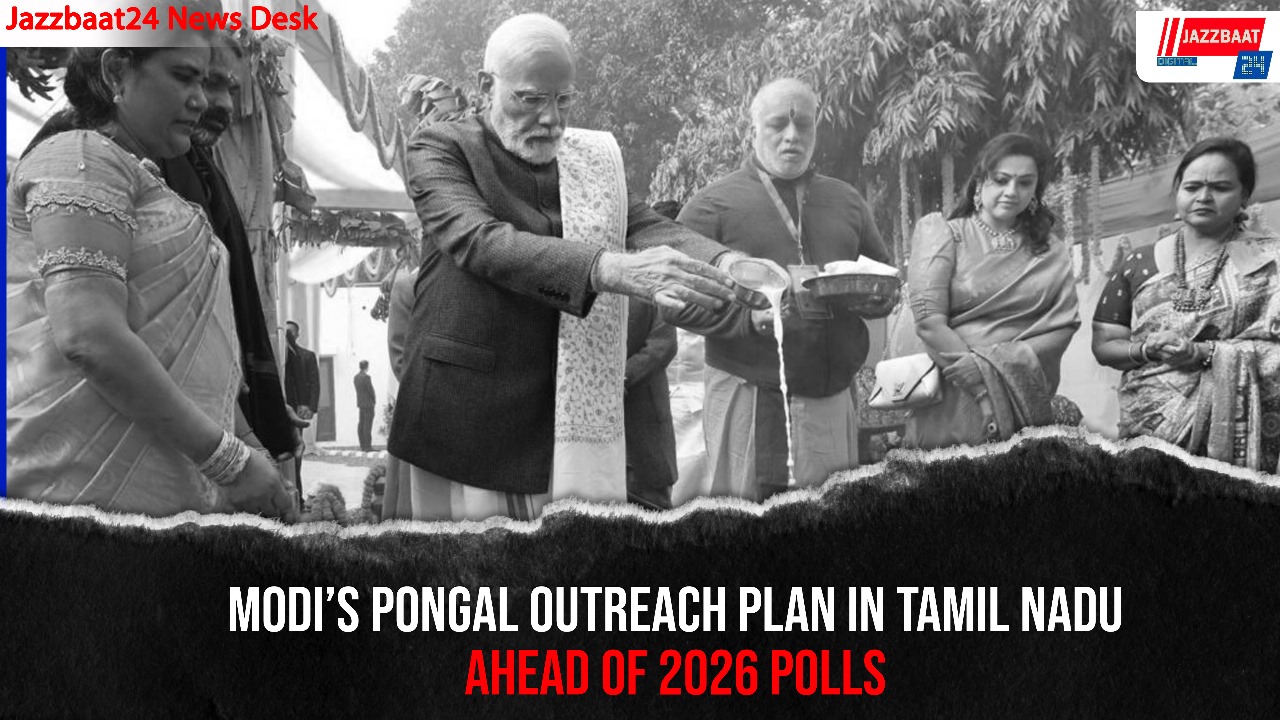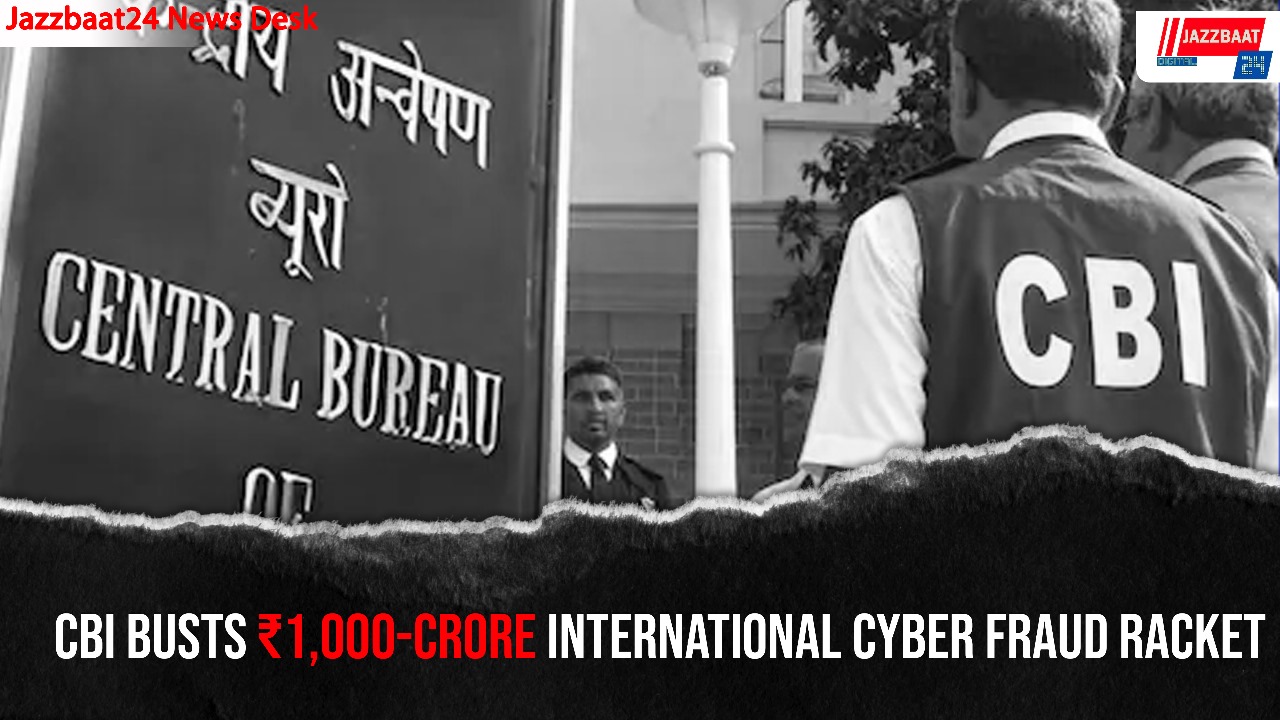Pakistan's involvement in the 2025 Asia Cup Hockey competition, from August 27 to September 7 in Bihar's Rajgir, is gravely uncertain in light of mounting tensions after the Pahalgam terror attack and subsequent military exchanges between Pakistan and India. The terror attack that resulted in the deaths of 26 civilians prompted India to cancel all visas for Pakistani nationals and serve a 'Leave India' notice, effectively holding in abeyance new visa services and travel authorizations for Pakistanis.
Both Hockey India and the Pakistan Hockey Federation have stated that the final decision will depend entirely on government advisories and diplomatic developments closer to the tournament dates. “We will follow the government’s directive on this issue, which has been the case in the past,” said Hockey India Secretary General Bholanath Singh, emphasizing that the federation cannot predict the outcome given the current climate. The Pakistani officials reflected this opinion, highlighting that the issue is a government-to-government affair and not solely a sporting one.
The Asia Cup is an important event as it is being used as a qualifier for the 2026 FIH Men's Hockey World Cup to be held in the Netherlands and Belgium. Eight countries, namely India, Pakistan, Japan, Korea, China, Malaysia, Oman, and Chinese Taipei, will compete, but the Asian Hockey Federation might need to look elsewhere if Pakistan can't make it. In an earlier similar crisis following the 2016 Pathankot attack, Pakistan were withdrawn from the Junior World Cup in India and were replaced by Malaysia.
The uncertainty spreads beyond the Asia Cup, with the participation of Pakistan in the Junior World Cup in Chennai and Madurai later this year also in doubt on account of visa restrictions and continuing diplomatic fallout. The Asian Hockey Federation will determine whether to go ahead with a smaller field or invite a replacement team if Pakistan officially withdraws.
The larger picture involves India's suspension of all sports, cultural, and people-to-people ties with Pakistan following the Pahalgam attack, Operation Sindoor-India's retaliatory attack on terror camps in Pakistan and Pakistan-occupied Kashmir, and the May 10 ceasefire. The diplomatic atmosphere is not going to ease anytime soon, and sporting relations are not going to be revived in a hurry.
In short, barring a major thaw in relations or an alteration in government policy, Pakistan's attendance for the 2025 Asia Cup Hockey tournament in India seems extremely unlikely. The decision will lie with the two governments, and the Asian Hockey Federation is making plans for contingencies should Pakistan not be able to show up. This incident illustrates just how much political tensions can affect even large international sporting events in South Asia.





